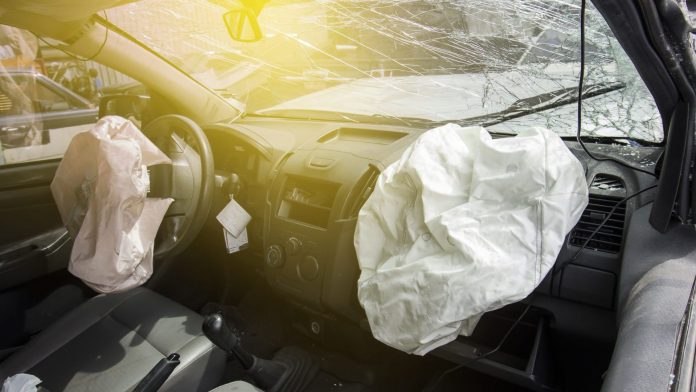The U.S. government is taking significant action to get a recalcitrant Tennessee business to recall 52 million air bag inflators that have the potential to explode, throw shrapnel, and cause severe injury or death to individuals.
On September 5, the National Highway Traffic Safety Administration announced that it has determined, in its preliminary assessment, that the inflators produced by ARC Automotive and under license by another company are flawed. Before opting to pursue a court-ordered recall, the agency had to schedule a public hearing on October 5.
The agency ordered ARC to recall the inflators in May, alleging that they had caused at least seven injuries and two fatalities in the U.S. and Canada since 2009. However, ARC has resisted issuing a comprehensive recall, setting up a potential legal battle.
However, the company argues that there are no safety issues, that the NHTSA has the jurisdiction to require a components manufacturer to issue recalls, and that the agency’s demand is based more on allegations rather than technical findings.
According to ARC, airbag manufacturers, automakers, and the government have been informed of any unexplainable ruptures on the roads during NHTSA’s eight-year inquiry into the inflators. However, the NHTSA said it was aware of seven ARC inflator ruptures in the U.S. and at least two elsewhere. In addition, The EPA said an explosion occurred with inflators outside of previously recalled groupings as recently as March 22.
In documents published on September 5, the NHTSA first estimated that 67 million inflators must be recalled. But, it later reduced that estimate to 52 million due to manufacturer responses in its probe that over-counted the number.
The ARC firm argues the Federal Motor Vehicle Safety Act “does not require vehicles and equipment to never experience a failure in the field.” Instead, the Safety Act safeguards the general public from unjustified hazards.



